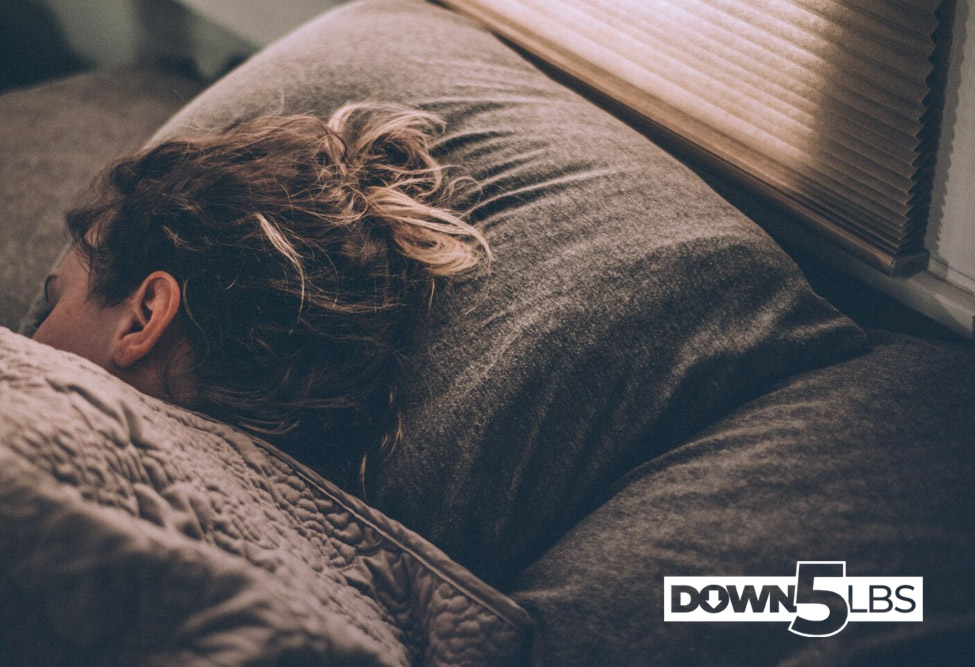The loss of circadian rhythm threatens our body’s internal defenses and weakens our ability to function
We know that sleep is critical to achieving and maintaining good health, but how much do we consider it as part of our body’s ability to release toxins and drop weight? When we’re asleep—particularly when we’re in deep sleep—three important things are happening:
- The brain is recharging itself. What most people don’t know is that the brain is actually an immune organ—90 percent of its cells, called glia cells, are immune cells tasked with protecting neurons and keeping them healthy; sleep is a vital part of that.
- The brain is eliminating toxins. Sleep is also the time when our brains detoxify themselves—researchers call this the glymphatic system. Glial cells are connected with lymphatics in the brain, and during sleep, toxins and chemicals are being drained from the brain through this glymphatic system.
- The cells of our body and brain are growing, regenerating, and repairing themselves, so when we’re sleeping, our body and brain are healing. When we are sleep deprived, our immune health system becomes compromised; alternatively, good sleep helps to create a strong, robust immune system.
Poor sleep is associated with a number of health risks: suppressed immune function, amplification of cardiovascular disease, obesity, neurological changes (i.e. mood, irritability, behavioral changes like depression, attention deficit, etc.), chronic pain, and gastrointestinal disorders.

It’s estimated that between 50 and 70 million American adults have some type of sleep disorder, with insomnia being the most common. The required amount of sleep for different age groups is as follows:
- Adults: 7-9 hours
- Teenagers: 8-10 hours
- Children aged 2 to 6: 10-14 hours
- Infants: 12-16 hours
Remove interference
There are a number of strategies to sleep better at night. The most important thing is to wake up at the same time every day, including on weekends, to prevent throwing off the circadian rhythm.
It’s also a good idea to get natural daylight outside as early in the day as possible to kickstart a natural circadian rhythm into gear.
Second, we want to eliminate electronics from the bedroom and turn them off one to two hours before going to bed—this includes computers, cell phones, TVs, etc. I am surprised by how many patients I talk to whose health is failing, they hurt all over, are sleepless, and can’t lose weight. I understand that watching the television or searching the internet can be a source of comfort, but not in the bedroom.
Electronics interfere with sleep because they emit EMFs (electromagnetic frequencies) that stimulate the brain and increase cortisol. The bedroom should also be dark and cool, both of which relax the body and promote sleep.
To bring it full circle, another sleep strategy is to control evening blood sugar levels by not eating sugary foods at night; in fact, for many people a small amount of protein before bed helps them to keep their blood sugar levels up. Lack of glucose control causes a condition called “nocturnal” hypoglycemia, which is what a lot of people refer to as “wired” and tired with insomnia.
Regarding nutrition, there are some nutrients that can help, but these need to be addressed on a person-to-person basis. While everyone is familiar with melatonin, for example, neither this nor an artificial sleep aid really gets to the root of the problem.
Action steps: Think of your evening before-bed ritual as part of a circadian rhythm that prepares or sets the stage for your waking, morning routine. Good sleep is one of the ways your body detoxifies —meaning, how it discharges toxins that cause your body to hold onto weight. Plus, it is when your body recharges the battery, so to speak. We have learned so much about sleep in recent years, which is why I encourage you to “Dream Big.”
If there’s one key takeaway for today’s exercise it’s this: Our human tendency is to look for simple, effortless, and quick-fix solutions to weight gain (and aging), so we chase down and purchase all manner of “miracle” supplements, fad diets, so-called “health” coaches, and experts in weight loss.
What we overlook is that our bodies are designed to move, to release toxins, to manage all kinds of metabolic functions that aid us in weight loss without us standing in the way. So, more often we need to“remove interference” (as opposed to adding in all kinds of vigorous exercise, caffeine stimulants, and expensive procedures).
A perfect example of this is sleep. Believe it or not, sleep is not simply a place for dreams; it is among the most productive activities we have for releasing stored toxins, recharging our brains, and preparing for healthy rhythms and routines for weight loss.
Dr. Douglas J. Pucci, Founder, Pucci Wellness. Bergen County, NJ - Expert Functional Medicine & Functional Neuroimmunology, certified Advanced Functional Medicine Clinician located in Oradell & Virtual Nationwide, offering compassionate care to patients who've tried everything and still don't feel well. Loved by many, trusted by 1000's, Pucci Wellness is dedicated to helping you move forward with a personalized plan for healing.





